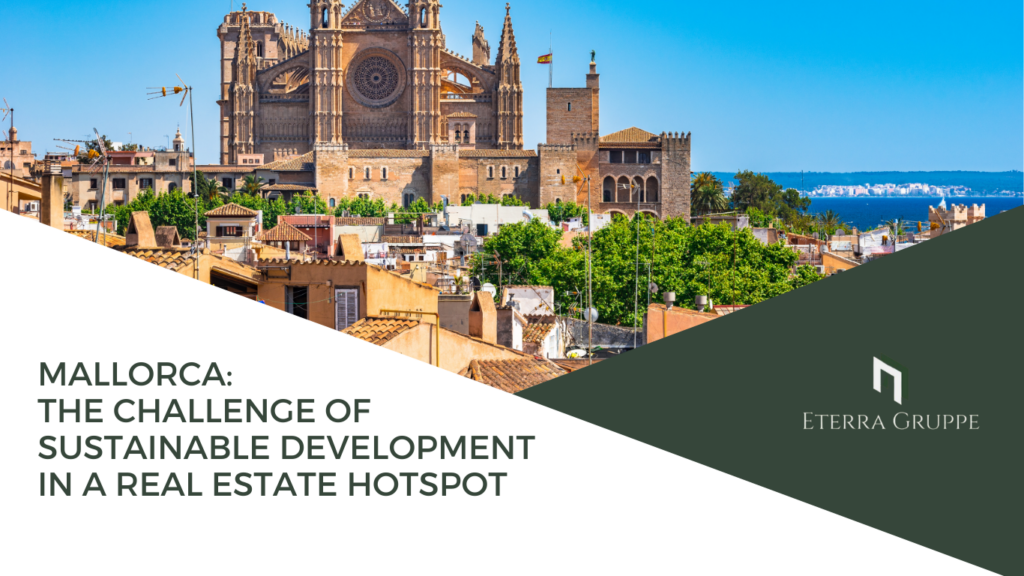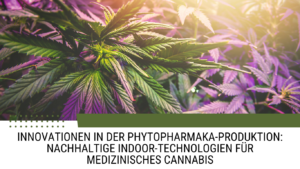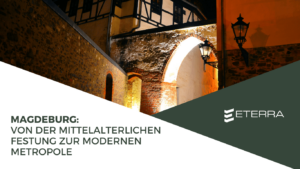Mallorca stretches beyond just sun, sea, and beach – it is a fascinating and dynamic place in Europe. The diversity of nature, culture, and, above all, the people make the island a unique place. Mallorca not only plays a significant role as one of Europe’s most popular tourist destinations but also as a leading example in various areas. In the face of the challenges of climate change and the pursuit of a diversified regional economy, Mallorca is challenged to become a pioneer in transitioning to a circular economy.
Change in Mallorca: From Ballermann Pearl to Circular Economy Leader in Tourism
Mallorca, known as the „Ballermann Island,“ is undergoing a transformation. A transformation away from being just a party island to a sustainable and environmentally friendly tourist destination. The regional government of the Balearic Islands, led by Francina Armengol, has announced an ambitious plan to make Mallorca the world’s first tourist region with a circular economy.
This innovative approach aims to use resources like water more efficiently and repeatedly. Projects for the renaturation of Playa de Palma and the renewal of the promenade in Magaluf have already been announced in December. However, the implementation of a true circular economy is still in its infancy, despite significant EU funding of 55 million euros.
One key aspect of this program is improving working conditions for the hundreds of thousands of employees in the hotel industry. The planned introduction of height-adjustable beds, which are intended to make the work of often poorly paid cleaning staff easier, is a step in the right direction. The vision is clear: Mallorca should shine not only through its beaches and parties but also through sustainable tourism and socially acceptable working conditions.
The regional government demands that hotels measure all temperature values and ensure adequate ventilation, even if they are accessible only to employees. These measures are intended to improve working conditions, especially in the hot summer months. In order to retain their hotel stars, hotels must now also conduct an analysis of their resource consumption and present a five-year plan for reducing energy and water consumption, as well as a waste reduction strategy. This step forces the industry to adopt more environmentally friendly practices and reduce its ecological footprint. Bans on single-use hygiene packaging and incentives for the use of rainwater are further measures aimed at promoting sustainable tourism in Mallorca. „The challenges are significant, but the opportunities to fundamentally change the image of Mallorca are equally significant,“ says Daniel Slenters, Managing Partner of ETERRA Iberia SL.
ETERRA Group: Sustainable Real Estate Success in Mallorca
Amidst these changes, the ETERRA Group occupies a leading position in Mallorca’s real estate sector. Under the leadership of Managing Partner Sven Bading, the company has made a name for itself by not only focusing on aesthetic properties but also on sustainability and integration into the local environment.
ETERRA’s recipe for success lies in the harmonious integration of projects into the existing surroundings. This focus not only lies on the outward appearance but also on respecting Mallorca’s nature and culture. An outstanding example is the latest project in the Serra de Tramuntana region, which combines traditional Mallorcan architectural styles with modern, environmentally friendly technology. A flagship project near Palma relies on innovative living concepts, flexible housing solutions, and eco-friendly amenities. The challenges illustrate that ETERRA will not simply build houses but will create living spaces that meet the needs of modern residents.
Mallorca’s Path to Sustainability: Living Lab for Climate Change Resilience and Regenerative Tourism
The idea of promoting resilience to climate change and building a more sustainable regional economy is gaining more and more importance. Promoting local production, sustainable water management, and renewable energies are recognized as keys to the island’s future viability. The vision is to establish Mallorca as a living lab for change in Mediterranean climate zones and share knowledge and experiences with other regions, particularly North Africa and other parts of the Mediterranean.
The island’s geographical diversity, from Tramuntana to Santanyí, allows for covering all Mediterranean climate zones on a small scale. This diversity is also reflected in the biodiversity of cultivated plants, making Mallorca a leading region in the Mediterranean area. The support of wealthy international guests who have a close connection to the island can be a key to implementing sustainable initiatives. The Mallorca Preservation Fund by English investor Ben Goldsmith is a promising example.
The idea of regenerative tourism, where the tourism industry invests in renewable energy, sustainable transportation, and local agriculture, demonstrates a forward-thinking approach. Daniel Slenters emphasizes that the implementation of such projects will make Mallorca not only ecologically richer but also more productive – a positive development that aligns with the main idea of protecting and positively shaping the island. „Mallorca could thus become not only a magnet for tourists but also a leader in sustainable development in the entire region and in the real estate market in the Balearic Islands,“ says Slenters.
Overall, Mallorca presents itself as a changing real estate hotspot. The challenges of sustainable development are actively addressed by the regional government and innovative companies like the ETERRA Group. The future of the real estate market in Mallorca must not only be aesthetically appealing but also sustainable and future-oriented.
Author: Valentin Jahn – Futurist & Blogger
About the ETERRA Group:
The ETERRA Group is an innovative and future-oriented real estate company from Magdeburg that is committed to sustainable living. The company offers a wide range of services and works closely with its customers and investors to meet individual needs. More information at https://www.eterragruppe.com.
Headquarters:
ETERRA Gruppe GmbH
Halberstädter Straße 13
39112 Magdeburg
Branch Offices:
Kurfürstendamm 11, 10179 Berlin
ETERRA Iberia SL
The Circle
Carrer Illes Canàries,
07183 Santa Ponça
Contact:
ETERRA Gruppe GmbH
Halberstädter Straße 13
39112 Magdeburg
Tel: +49 (0) 391 6111 5868
Email: presse@eterra-gruppe.de
https://www.eterragruppe.com





